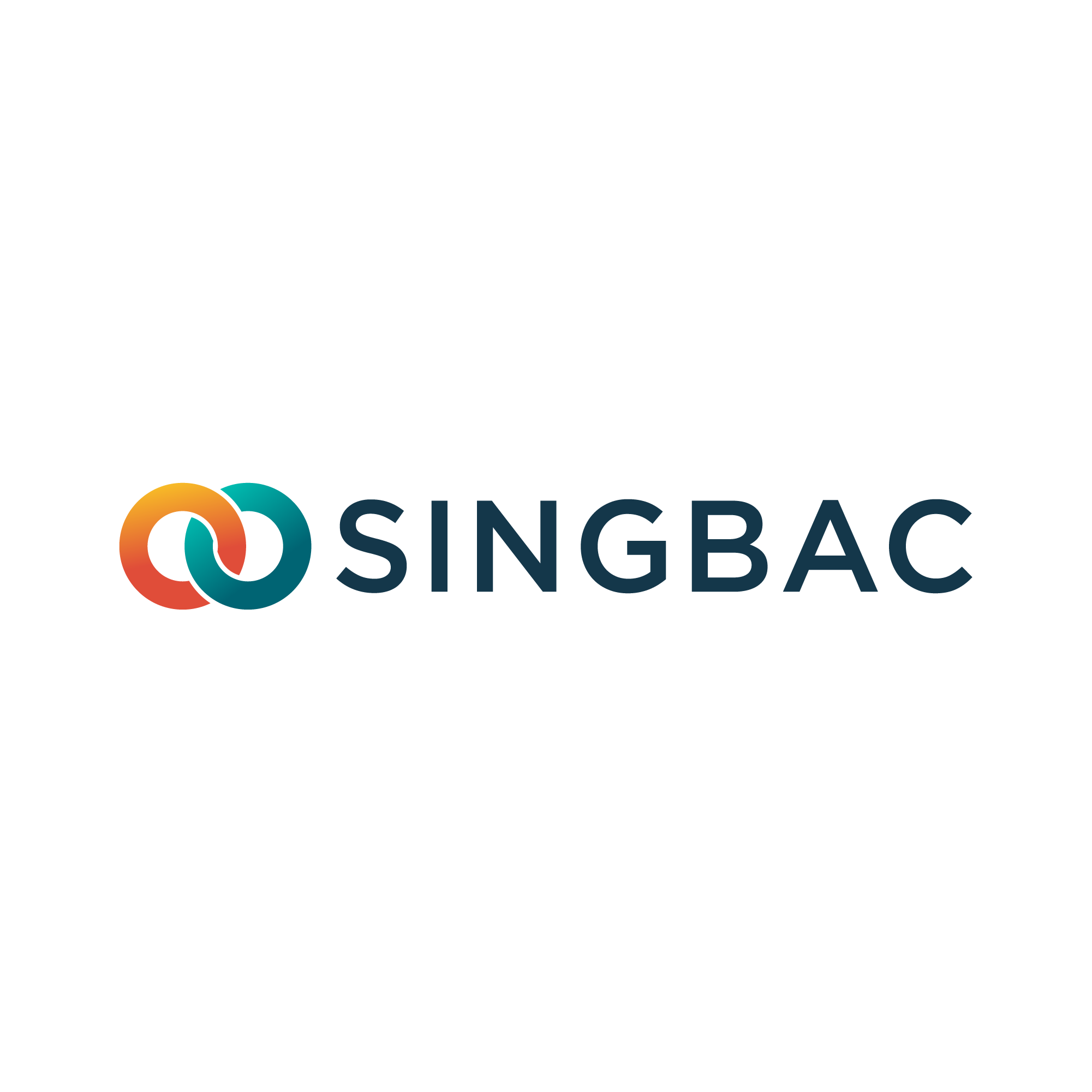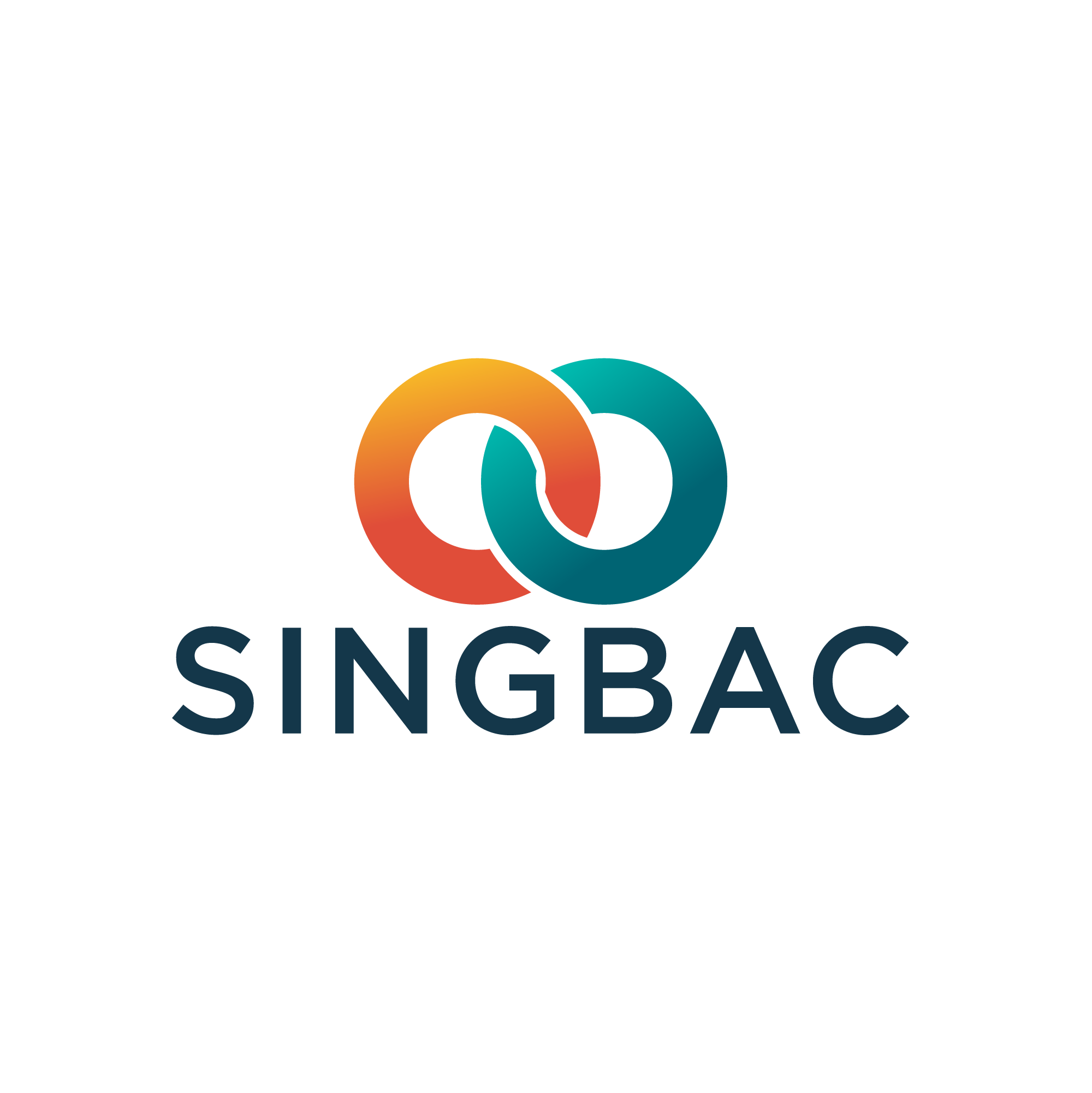Let me introduce you to Alex, a foreign entrepreneur with big dreams and a strong passion for business.
As he embarks on the journey of securing an Employment Pass (EP) in Singapore, his vision is clear: to make a mark in this economic powerhouse where dreams turn into reality.
The appeal of establishing a business here has captivated his imagination, igniting a spark that fuels a daring plan – incorporating a company and securing an Employment Pass to make his entrepreneurial dreams a tangible reality.
As Alex takes the first measures on this transformative journey, I thought of penning this blog to share my insights on steps to successfully incorporate a company in Singapore and apply for an EP.
Let’s dive in!
Qualifying for an employment pass in Singapore
Several requirements must be fulfilled to qualify for an EP. Let me break them down.
- Earn at least S$5,000 per month. (Though, we recommend a minimum of S$8,000 onwards as stating just the minimum will not have a high chance of approval)
- Have good qualifications from well-known universities or in-demand skills.
- Starting September 1, 2023, EP applicants must meet two requirements, including the new Complementarity Assessment Framework (COMPASS) assessment.
Under this new framework, EP applicants must succeed in a new point-based system with four fundamental criteria to evaluate their EP application.
The Ministry of Manpower (MOM) website offers a detailed guide, so do check it out.
It is recommended to engage a reputable employment or immigration agency to assist you with the application process, as they are familiar with the requirements and can ensure a smooth and successful application.
Incorporating a Singapore company with an employment pass
Setting up your company in Singapore and incorporating it with an Employment Pass (EP) is an excellent option.
This strategy provides flexibility and growth prospects within your Singapore-based company, enabling you to eventually move to the city and tap into global talent while embracing the benefits of this vibrant hub.
Here’s a step-by-step guide to incorporating your Singapore company with an EP.
Step 1: Register your company
Registering a company in Singapore is simple and uncomplicated. In my earlier post, I gave an overview of registering a Singapore holding company and the process.
The steps are pretty much the same, except for choosing a suitable business structure.
Let me walk you through the stages.
- Company name and business activity
Before establishing a company in Singapore, you need to secure an available name that follows legal rules.
Accounting and Corporate Regulatory Authority (ACRA) is the government entity responsible for registering and maintaining records of companies in Singapore.
- Appoint Directors and Shareholders
You need at least one shareholder, who is a local or foreigner – an individual or a company. Additionally, you must appoint a local director who is either a Singapore citizen or a permanent resident. Here is where I can step in to assist.
- Company Secretary
One company secretary must be appointed who resides in Singapore.
- Initial paid-up capital
You have the option to establish your Singapore company with a minimum capital of only S$1. Besides, a one-time processing fee of S$315 covers both name application and registration.
- Singapore registered physical address
A registered address in Singapore is mandatory, and you must maintain official company documents at this location.
Step 2: Applying for an employment pass
Once you meet the requirements I’ve listed above, you can submit your application for an employment pass to MOM.
Again, I suggest enlisting the assistance of a reputable agency to guide you through the application process, increasing your chances of success.
Once you’ve established your new company, you can take on the roles of the director and company shareholder when applying for the EP.
As the company’s director, receiving a regular monthly salary will play a pivotal role in influencing the success of your application.
You do not need to be in Singapore for the duration of your application, so that’s one less thing to worry about!
Typically, the approval process for a new EP application takes about 6 to 8 weeks. Once EP is approved, you have to move to Singapore within the stipulated period and assume the role of resident director. Otherwise, your EP status will lapse.
Consequently, the need for my nominee director services by your company would no longer be necessary.
Rest assured, my dedicated services for managing your company’s administration and operations will remain readily accessible whenever you require them.
Step 3: Enjoy the benefits of an EP holder
As an EP holder, your role in your Singapore company is crucial. You’ll be guiding the ship, ensuring you follow local rules while driving your business forward to achieve growth and success.
Here are the top 5 benefits I think you should know about it.
- You can open a savings or current account, rent a property, and purchase local services.
- You can travel outside Singapore without reapplying for an entry visa.
- You may also be eligible to sponsor specific family members if your monthly earnings reach S$10,000 and above.
- You can also apply for Singapore Permanent Residence (SPR) after working in Singapore for 2 years, depending on your contribution socially & economically to the nation.
- There is no need to terminate your existing pass when initiating a new application. The initial one remains valid for 2 years and can subsequently be extended for 1 to 3 years, subject to the discretion of the immigration authorities.
My thoughts on the employment pass application process
Your entrepreneurial background and previous business endeavours certainly enhance the strength of your application.
Crafting a comprehensive and strategic business plan will significantly contribute to the favourable outcome of your application.
Pro-tip: As you assume the roles of both shareholder and director, I recommend that the company operates its business for a minimum of 6 to 12 months before embarking on the application for an Employment Pass.
This approach can strengthen your application and provide a more solid foundation for approval.
There are, of course, other methods to incorporate your company in Singapore, like the EntrePass and ONE Pass, but let’s set that aside for another occasion, shall we?
Let me revisit Alex’s journey – it embodies what Singapore is all about, a place where people from around the world, just like you, can find opportunities waiting to turn their dreams into reality.



